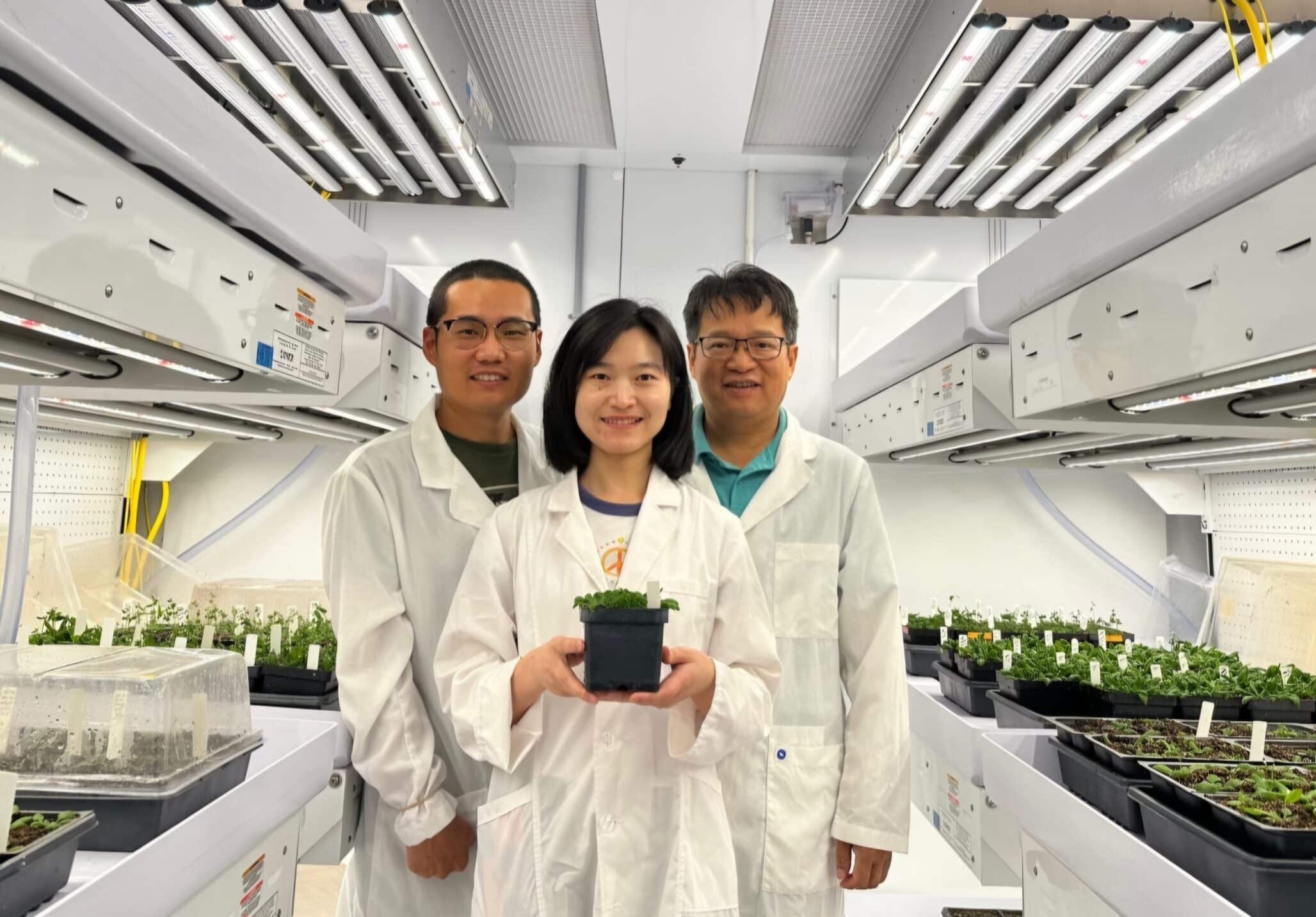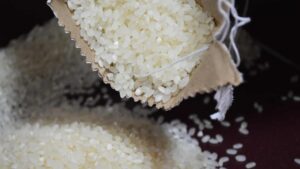Guilty: One count of conspiracy to steal trade secrets, one count of conspiracy to commit interstate transportation of stolen property and one count of interstate transportation of stolen property. That was the verdict for 51-year-old Weiqiang Zhang, a rice breeder for the Kansas biopharmaceutical research facility Ventria. On April 4, Zhang was sentenced to more than 10 years in a federal prison.
The U.S. Attorney’s Office of Kansas City reported: “Trial evidence demonstrated that in the summer of 2013, personnel from a crop research institute in China visited Zhang at his home in Manhattan. Zhang drove the visitors to tour facilities in Iowa, Missouri and Ohio. On Aug. 7, 2013, U.S. Customss and Border Protection officers found seeds belonging to Ventria in the luggage of Zhang’s visitors as they prepared to leave the United States for China.”
The coveted rice seeds, which were developed by Ventria, express recombinant human proteins that are extracted for use in the therapeutic and medical fields. These particular rice seeds have a wide variety of health research applications and were developed to produce either human serum albumin, contained in blood or lactoferrin, an iron-binding protein found in human milk.
“Ventria invested years of research and tens of millions of dollars to create a new and beneficial product,” said U.S. Attorney Stephen McAllister of the District of Kansas. “It is vital that we protect such intellectual property from theft and exploitation by foreign interests. We all benefit when American companies continue to drive socially valuable advancements in food, medicine and technology.”
The seed heist wasn’t due to a lack of security. Ventria used locked doors with magnetic card readers to restrict access to the temperature-controlled environment where the seeds were stored and processed.
This is another example of the value of seed innovations in the United States, as well as the appeal of these innovations to competitors and foreign interests, said James Weatherly, executive director of the Seed Innovation and Protection Alliance.
Weatherly said it’s important for companies to remember that trade secrets are not an automatic or inherent right in the United States.
“As demonstrated by Ventria, a company or organization has to take active steps to protect their trade secrets, including, but not limited to: identify the trade secrets, valuate the trade secrets, secure access to the trade secret, educate employees on trade secrets and design a plan to respond to a theft incident.”
The full report from the U.S. Attorneys Office is available at: justice.gov/usao-ks/pr/chinese-scientist-sentenced-prison-theft-engineered-rice.
The Bigger Picture
This is not a one-time incident, and the theft of intellectual property isn’t limited to the seed industry. According to the U.S. Commission on Intellectual Property Theft, China is responsible for as much as 80 percent of all intellectual-property theft against U.S. companies. Experts estimate that the U.S. loses about $600 billion a year in IP theft, and President Donald Trump is taking a stand, saying enough.
On March 7, President Trump tweeted: “The U.S. is acting swiftly on Intellectual Property theft. We cannot allow this to happen as it has for many years!”
The rhetoric on cracking down on IP theft has coincided with threats of increasing tariffs on Chinese imports — measures that follow an investigation launched by the U.S. Trade Representative under Section 301 of the U.S. Trade Act of 1974, allowing for the unilateral imposition of duties in retaliation for unfair trade practices.
In response to Trump’s steel and aluminum tariffs, China announced Wednesday, April 4, that it would introduce tariffs on 106 U.S. products, including on soybeans, cars and whiskey. Then on Thursday, April 5, Trump said in a statement: “In light of China’s unfair retaliation, I have instructed the USTR to consider whether $100 billion of additional tariffs would be appropriate under Section 301 and, if so, to identify the products upon which to impose such tariffs.”
While the two leaders double-down, Trump said he remains open to negotiations with China. Yet, media pundits fear the imposed tariffs will start a trade war with China.
“Trump’s plan to slap tariffs on $100 billion worth of Chinese exports until China cried ‘uncle’ and agrees to enforce IP protections will never work,” wrote Joe Nocera in a BloombergView column. “Indeed, it has a far higher likelihood of backfiring than succeeding.”
In the Crosshairs
While many farmers and agribusiness companies and organizations in America’s heartland stand firmly on the belief of free trade and market access, they also hold the principle of intellectual property protection close at heart.
It’s this very segment that has a great deal to gain from Trump’s policies, and also much to lose — in an already depressed ag economy. China purchases 61 percent of total U.S. soybean exports and more than 30 percent of overall U.S. soybean production.
“The American Soybean Association has consistently raised our significant concern since the prospect for tariffs was raised,” said John Heisdorffer, ASA president. “Now this is no longer a hypothetical, and a 25 percent tariff on U.S. soybeans to China will have a devastating effect on every soybean farmer in America.”
Heisdorffer said soybean futures were already down nearly 40 cents a bushel (as of April 4). At a projected 2018 crop of 4.3 billion bushels, soybean farmers lost $1.72 billion in value for the crop just that morning.
On the list of China’s 128 products set to receive retaliatory tariffs is machinery to clean, sort and grade seeds.
“The entire agriculture community will be hit hard if this situation escalates to a trade war,” said Andy LaVigne, American Seed Trade Association president and CEO. “We’re monitoring the situation closely and working with a diverse coalition of agriculture partners and stakeholder groups to voice our support for a quick resolution that benefits U.S. agriculture in the short and long term.”
While agriculture is taking a beating, the White House said China’s illicit trade practices have destroyed thousands of American factories and millions of American jobs.
“Rather than remedy its misconduct, China has chosen to harm our farmers and manufacturers,” Trump said, noting that he with the support of other members of his Cabinet will use his broad authority to implement a plan to protect America’s farmers and agricultural interests. “Trade barriers must be taken down to enhance economic growth in America and around the world. I am committed to enabling American companies and workers to compete on a level playing field around the world, and I will never allow unfair trade practices to undermine American interests.”
It should be noted that before U.S. proposed tariffs are implemented, they must undergo a public comment process.
The long-term results of Trump’s actions are anyone’s guess, but he is bringing IP into the spotlight. It might be short-term pain for long-term gain, but the pain is hitting a nerve in farm country.
A few years ago, European Seed’s sister publication Seed World sat down with a representative from the FBI to talk about IP protection. You can read that article here.












